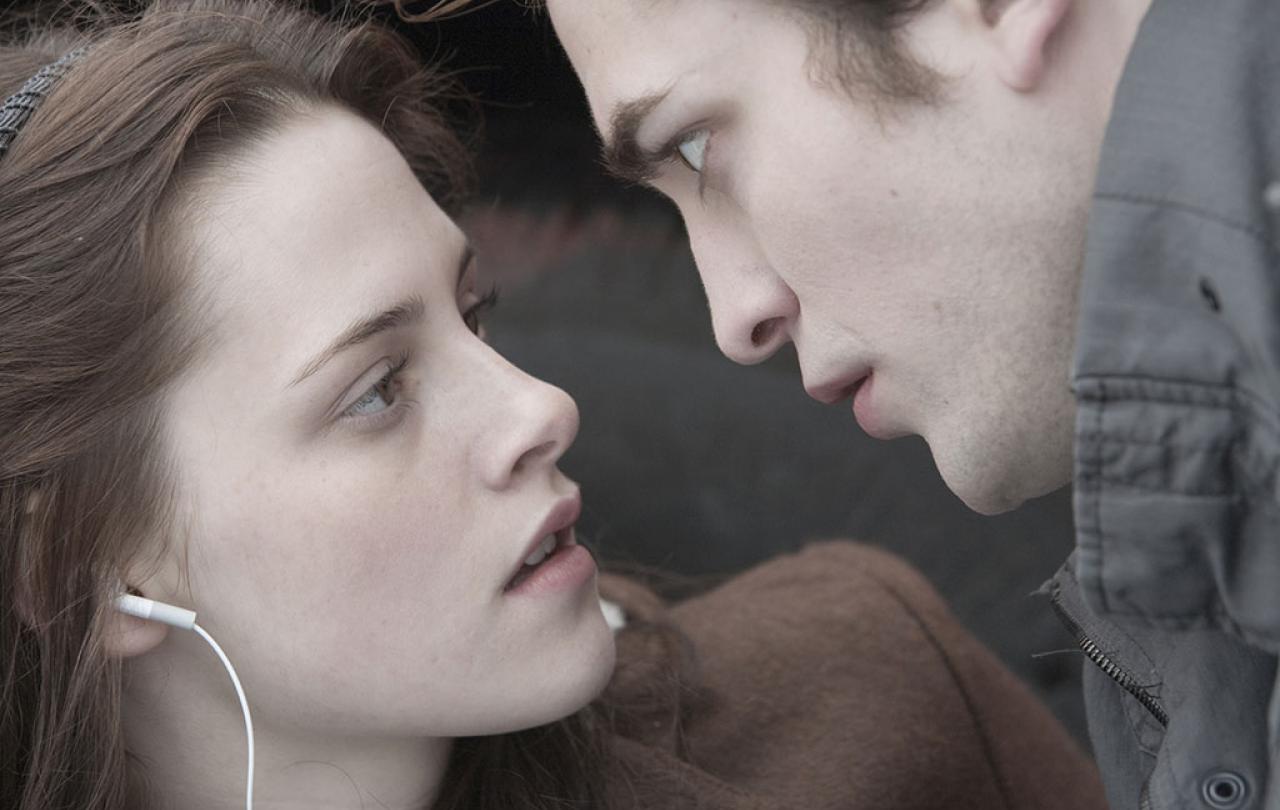I’ve often started out on a cryptic crossword, hoping to discover that I am one such genius, only to bitterly give up shortly afterwards, irritated that I don’t have that instant ability to see the solutions. I stare at the riddle, wanting to be one of those people who can naturally recall information, connect ideas, or see what has been hidden in the tortuous clue. Surely the appeal of a show like Ludwig is that it gives us an aspirational glimpse at the peak of human mental prowess, even if Mitchell’s wannabe inspector is a little socially awkward. He still possesses a penetrating gaze that looks through the surface of things, to see what no one else can. He is one of those ‘supermen’ - beholden to no one, able to uniquely see the way things are all by himself.
And yet, when Edward Powys Mathers died in 1939, he was referred to in his Observer obituary not as a kind of lone snobby genius, but “the gentlest of men… a saint”. It’s appropriate, as crosswords have long been a curiously churchy phenomenon: in the small list of great UK cryptic writers, two have been Anglican priests (Revd John Graham, known as Acaucaria, and Revd Canon A. F. Ritchie, or Afrit). Even Mathers’ fondness for Biblical allusions in his clues “led many to endow him with ecclesiastical rank” as Roger Millington’s book on Crosswords put it. Christian faith, because it is a religion built on the idea that God is with us in flesh, invites us to pay attention to the world around us. The world is not something to escape from, but is rather the place that, in Jesus Christ, God has come to meet us in. It makes you want to understand time, place, and culture, to better understand the God who has spoken through them, and given them meaning and destiny. In reference to this way of seeing things, Mathers was spoken of as a ‘catholic’ thinker in his obituary. This did not mean his church affiliation, but rather an instinct for seeing how everything is part of a greater whole. There is fundamental connectedness behind the world, and working on the presumption of such a unity allowed him to collect ideas and references from across the globe and throughout all history to form his tricksy clues.
There is also a negative hint in this obituary clue, ‘catholic’. Crossworders work under a nom de plume (David Mitchell’s character John for instance, who goes by ‘Ludwig’). And while Mathers was indeed a generous, open-minded man, he sealed his reputation for difficulty by adopting the pseudonym ‘Torquemada’, in reference to a former Grand Inquisitor of the Spanish Inquisition. So, if Christians are alive to the interconnectedness of all things, we also have a reputation for the institutional guarding of those very mysteries. History shows believers have tortured those who do not come to their idea of what the answer is; indeed, they have set the questions for too long, in the eyes of many hostile to the faith.






